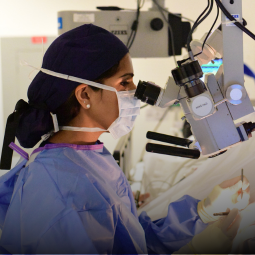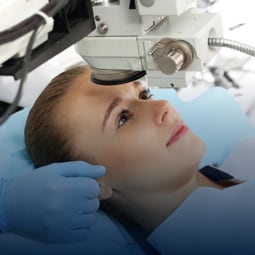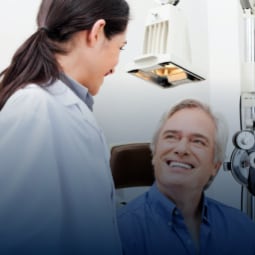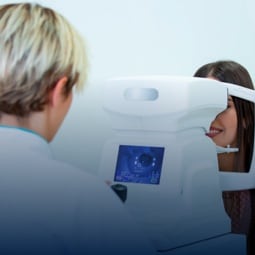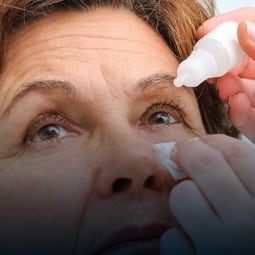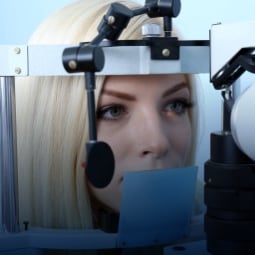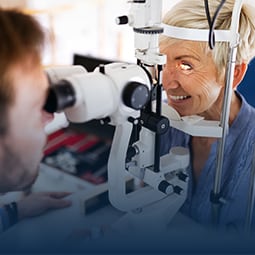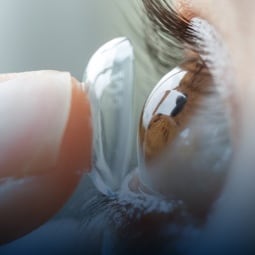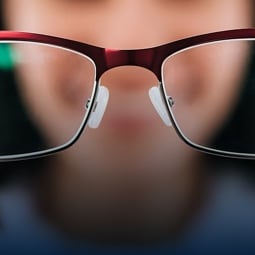
Don’t Let Glaucoma Steal Your Sight
If you have glaucoma, the faster you get treatment, the more likely you’ll be able to prevent further vision loss. At Center For Sight, our eye care physicians are trained to spot the early signs of glaucoma, so we can get you the treatment you need, whether it be medication, glaucoma surgery, or other treatments.
Many types of glaucoma exist, but our team can offer you the care you need. Visit one of our locations for exceptional eye care and glaucoma management from our local glaucoma eye specialist, Dr. Julie A. Carter.
Dr. Carter is a board-certified ophthalmologist with fellowship training in the specialty of Glaucoma, who completed her ophthalmology residency at the University of South Florida, serving as Chief Resident. She completed an additional year of fellowship training in the specialty of glaucoma at the University of South Florida.


What Is Glaucoma?
Glaucoma is a group of eye diseases that can cause vision loss and blindness. It occurs when there is an increase in the fluid pressure within the eye, which can damage the optic nerve in the back of your eye.
You may not notice the signs of glaucoma and often the only way to find out if you have this condition is by getting regular comprehensive dilated eye exams.
The most common type is open-angle glaucoma, but we treat patients with angle-closure glaucoma and normal-tension glaucoma as well.
Know if You’re at Risk
While anyone can develop glaucoma, some people are at a higher risk. Some of these risk factors include:
- Age
- Certain medical conditions
- Family history
- Previous eye injury
- Extreme nearsightedness or farsightedness

Treating Glaucoma
At Center For Sight, our medical team stays up to date with the latest technology and treatments to deliver you the eye care you need. We offer several treatments for glaucoma, including:
Medications
A variety of eye drops and oral medications exist to control glaucoma—your doctor can recommend different medications based on your needs.
Laser therapy selective laser trabeculoplasty (SLT):
SLT uses short energy pulses to reduce intraocular pressure for patients with open-angle glaucoma.
Minimally-invasive glaucoma laser surgery
Minimally-invasive glaucoma laser surgery involves placing a stent to help bypass normal fluid drainage, lowering eye pressure.
Trabeculectomy
Trabeculectomy is a type of glaucoma surgery used to create a new pathway for fluid to drain inside of the eye.
Tube implants
Tube implants are silicone tubes inserted into the eye to assist in fluid drainage to keep eye pressure down.
Catch Glaucoma Early
Don’t let glaucoma steal your sight. Get the diagnosis and treatment you need so our team can help preserve and protect your vision.
Book your next eye exam today so we have the opportunity to detect glaucoma before it worsens.

Our Locations

News
Cataract vs Glaucoma: Understanding the Key Differences
CataractsCataracts and glaucoma are two of the most common eye diseases affecting millions of people in the United States, especially those over age 40. While both conditions impact vision, they are very different in cause, symptoms, treatment, and outcomes. A cataract is the clouding of the eye’s natural lens, usually treatable with surgery. Glaucoma is […]
Read More… from Cataract vs Glaucoma: Understanding the Key Differences
How Diabetes Affects Your Eyes: What Every Patient in the U.S. Should Know
Adult Eye ExamsDid you know that diabetes-related eye disease is one of the leading causes of preventable blindness in the U.S.? Yet, most people living with diabetes don’t realize how quietly and dangerously it can affect their vision. If you’ve been managing your blood sugar, taking your medications, and watching your diet, you might feel like you’ve […]
Read More… from How Diabetes Affects Your Eyes: What Every Patient in the U.S. Should Know
Benefits of Anti-Reflective Coating Glasses for Daily Life
Eye HealthyReviewed By: Todd Lang, O.D. Ever noticed how your glasses reflect everything except what you’re trying to see? Your monitor. Headlights. Overhead lights. That awkward glare in every photo. You’re left squinting through reflections, feeling like your glasses are working against you, not with you. That’s where anti-reflective coating glasses come in. They don’t just make […]
Read More… from Benefits of Anti-Reflective Coating Glasses for Daily Life
Cataract vs Glaucoma: Understanding the Key Differences
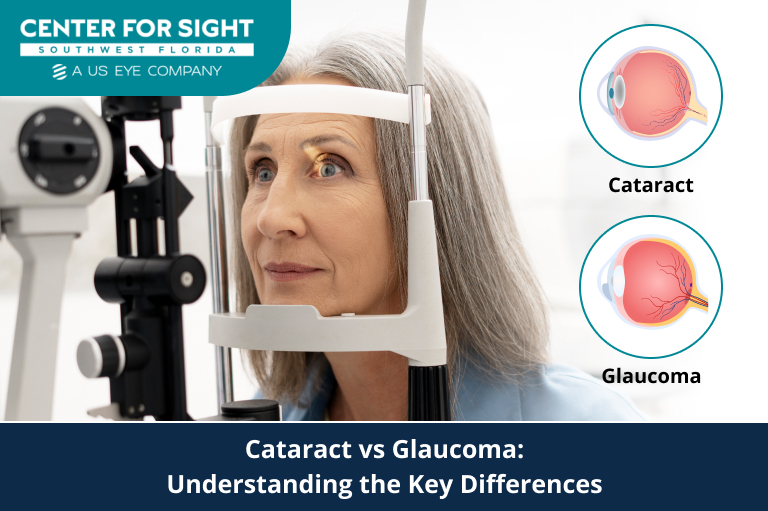
Cataracts and glaucoma are two of the most common eye diseases affecting millions of people in the United States, especially those over age 40. While both conditions impact vision, they are very different in cause, symptoms, treatment, and outcomes. A cataract is the clouding of the eye’s natural lens, usually treatable with surgery. Glaucoma is […]
Read More… from Cataract vs Glaucoma: Understanding the Key Differences
How Diabetes Affects Your Eyes: What Every Patient in the U.S. Should Know

Did you know that diabetes-related eye disease is one of the leading causes of preventable blindness in the U.S.? Yet, most people living with diabetes don’t realize how quietly and dangerously it can affect their vision. If you’ve been managing your blood sugar, taking your medications, and watching your diet, you might feel like you’ve […]
Read More… from How Diabetes Affects Your Eyes: What Every Patient in the U.S. Should Know
Benefits of Anti-Reflective Coating Glasses for Daily Life

Reviewed By: Todd Lang, O.D. Ever noticed how your glasses reflect everything except what you’re trying to see? Your monitor. Headlights. Overhead lights. That awkward glare in every photo. You’re left squinting through reflections, feeling like your glasses are working against you, not with you. That’s where anti-reflective coating glasses come in. They don’t just make […]
Read More… from Benefits of Anti-Reflective Coating Glasses for Daily Life
Check Us Out On Facebook


We are a proud partner of US Eye, a leading group of patient-centric, vertically integrated multi-specialty physician practices providing patients with care in ophthalmology, optometry, dermatology and cosmetic facial surgery.




